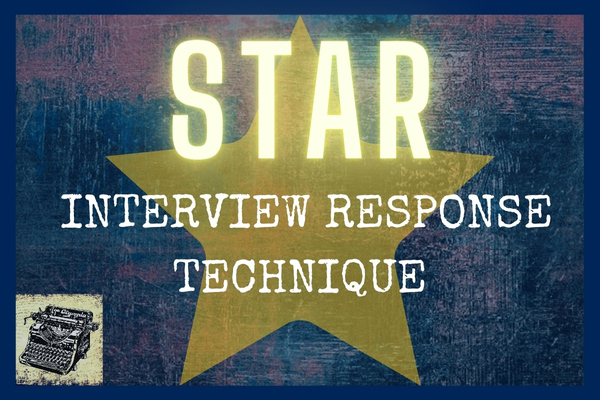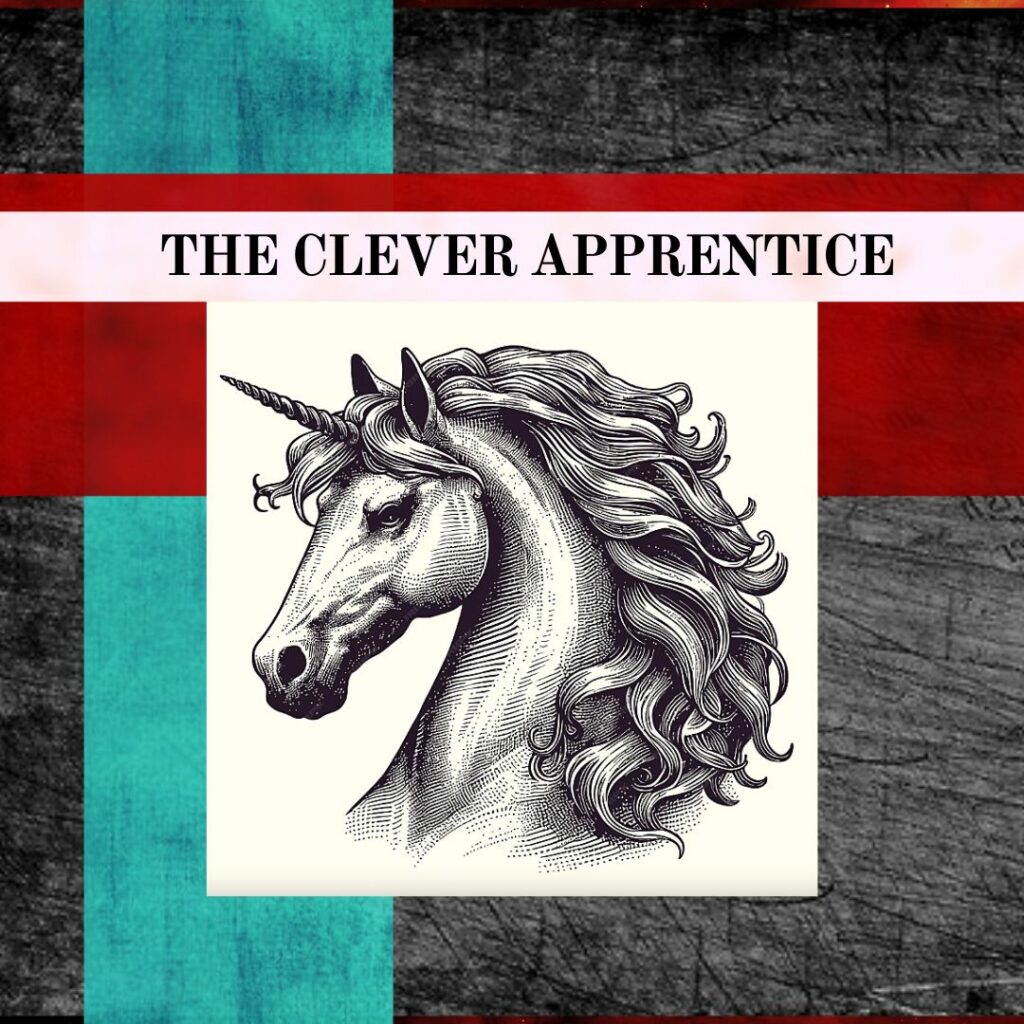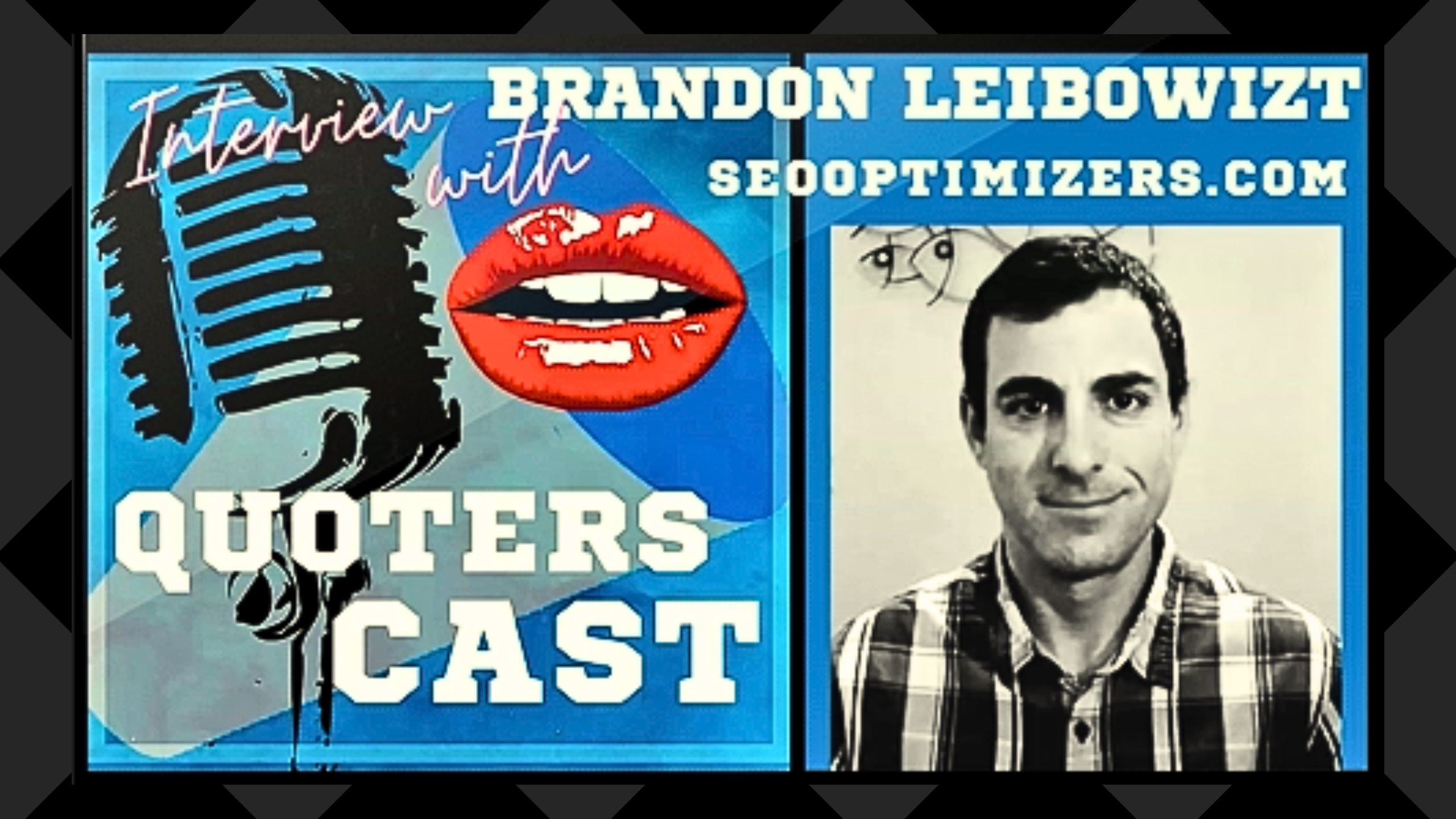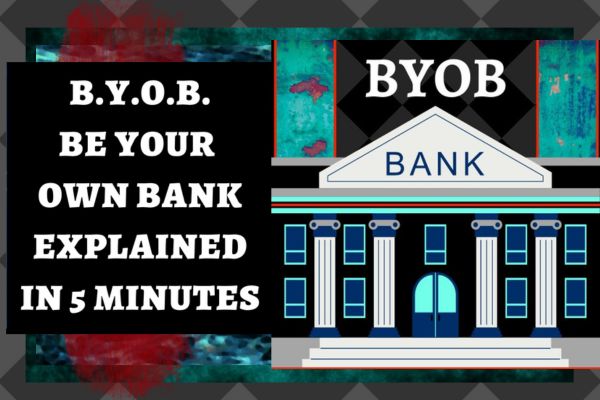What is the STAR Technique?
Some job boards have described the STAR technique as a strategic storytelling tool… which is not a bad way to put it.
In my experience, it’s also a great technique to use for situations that don’t involve interviewing for a new job.
The Star Technique is straight forward and easy to remember.
It’s often used by hiring managers to determine that your personality and tendencies toward people are suited for their work environment.
Today, employers are looking for more than skills. They’re looking for a good personality fit for their company’s culture.
Sooo……
Let’s take a closer look at what the acronym “STAR” stands for and what this method helps you create when in an interview situation.
Below is an easy-to-follow storyline and what each part of the technique means:
SITUATION
When asked about how you might handle a hypothetical situation at work, you may want to set the stage for the story by sharing a work challenge you faced successfully.

You could also relay transferable life experience, an academic projects or volunteer work you were a part of too.
Just remember it’s also imperative to talk about a specific instance rather than your general responsibilities.
Remember, interviewers are more concerned with the actions you took and results you got than your general tendencies in a general work situation.
Example: “In my last position as senior account manager, there was a time when my team was short-staffed and we had a huge backlog of work. We were faced with unrealistic deadlines, which was caused a lot of stress for my team. I successfully negotiated an extended deadline with several clients and went to upper management to hire extra contractors so we could get the job done on time. In the end, the clients were please with our work and we met all of the extended deadlines.”
TASK
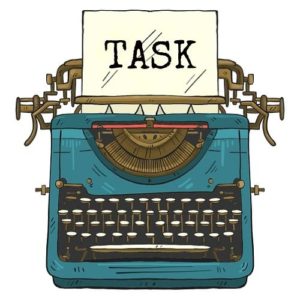
Describe your responsibility or TASK in the challenging situation you told.
What was the goal and what were your duties in responding to that goal.
Example: “As a senior account manager, I was tasked with coordinating and delegating the work in a way that accomplished the goal we had. I not only had to ensure my team met our deadlines, but I had to communicate between other departments, our clients and keep my team on task and motivated.”
ACTION
Next, tell them about the specific actions you took to handle the situation or overcome the challenge.

This response requires the most in-depth description. It’s this part of your answer that will help the potential employer visualize you in the position… or not.
Clarify a few of the most impactful steps you took to find success. This is also the part where you don’t want to be modest.
It’s a mistake to use “we” to elaborate on what actions YOU took to succeed.
Example: “As senior account manager, I set up a formal creative request processes that included project timeline estimates and inter-departmental work timelines. I scheduled weekly meetings with junior account managers to discuss our teams progress and give updates. I also kept my team informed, so they could feel accomplished in what they were doing.”
RESULT
Now, what is the result of all your hard work? The interviewer want to know what outcome you reached through your actions.
If you can quantify your success with data or compare with past projects this would be good. Perhaps you can provide concrete examples of the effects of your efforts where possible.
In addition, discuss what you learned. How did you grow as a result of meeting this challenge successfully? Why are you stronger as an employee/manager because of this experience?
Example: “By providing more transparency and setting better expectations with clients and junior account managers, we were able to re-prioritize the team’s tasks and complete everything in the backlog. I continued to streamline, use transparency and coordinate effectively with departments into the next quarter. In doing so, it shortened our average project timeline, saved on our budget, and overall provided a much more energized and focused team working environment.”
Just in case you’re looking for work… I can recommend the indeed.com platform. Check out their blog and a few tips to applying for work here…
Job Interview Tips: How to Make a Great Impression
Do you see how valuable this simple technique is? It can be used in any situation where you want to demonstrate you are capable and competent for the job. Freelancing. Contracting. Employee or even connecting with people at a social event.
You can discuss the process of what it is you do and demonstrate that you’re good at it too!
Just a Few Example QUESTIONS & How You Could Use the STAR Technique To Answer Them:
Share an example of a time when you faced a difficult problem at work. How did you solve this problem?
Situation: “I was working as a retail manager at a department store during prom season. A customer purchased a dress online and had it delivered to the store. One of my associates accidentally put the dress out on the floor, where another customer immediately purchased it.
Task: I knew I needed to make this right for the customer to meet my own service level standards and to uphold the reputation of the company.
Action: Before calling the customer to let her know about the mistake, I located the same dress at another store location nearby. I ordered it to be pressed and delivered to her home the morning of prom, along with a gift card to thank her for her understanding.
Result: The customer was so thankful, she wrote us a five-star review on several review sites.”
Describe a time when you were under a lot of pressure at work. How did you react? What would you say using the STAR method below…
- Situation
- Task
- Action
- Result
Tell me about a mistake you’ve made. How did you handle it? Fill in your answers below…
- Situation
- Task
- Action
- Result
Here’s a good article to read when responding to potential employers questions… or frankly anyone who you want to impress. When you know yourself and know your worth on the job you have so much more confidence everywhere else – Situational Interview Questions and Answers
Wishing you much imagination…
Other posts you might like are:
Developmental Editing Example – “My Mom’s a Ninja”
“Spike’s Planet” – A Difficult Edit For Metered Rhyming Verse For Kids
Love Old Fairytales? Me too… take a look at this Favorites List
